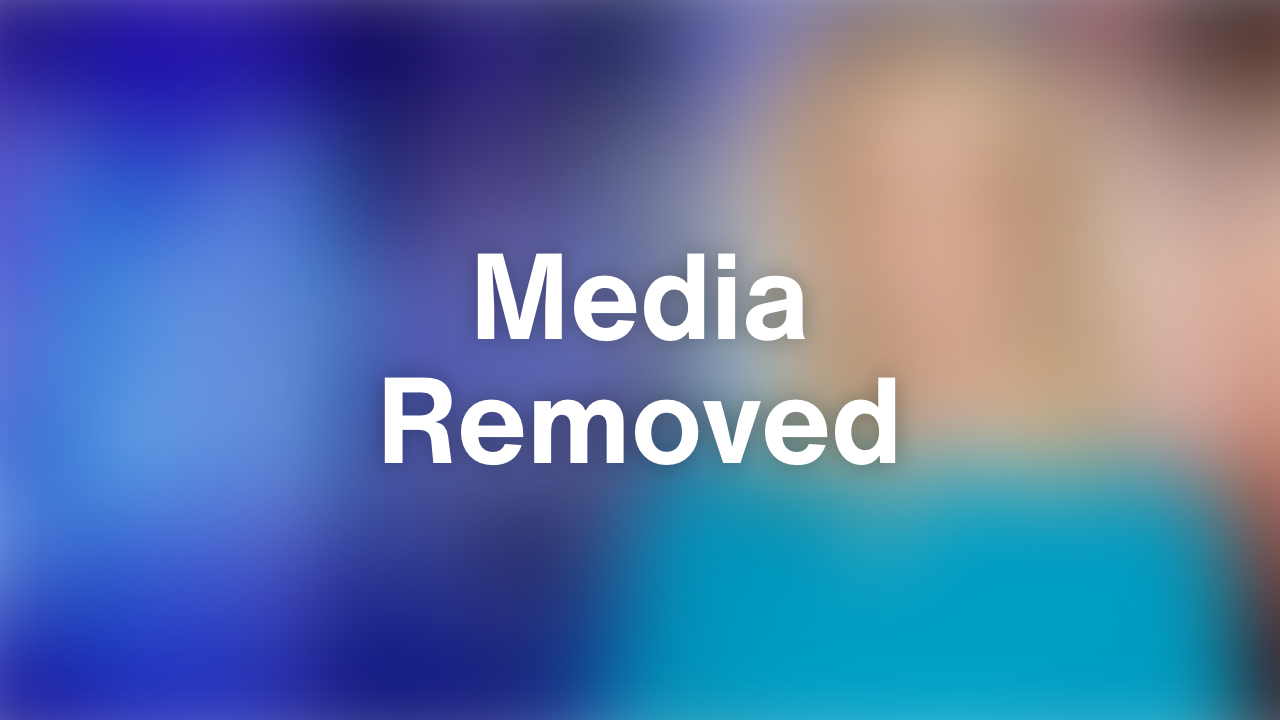The Trump administration's new "public charge" rules have already had a chilling effect on immigrants seeking health care.
As the number of reported coronavirus cases tops 7,000 in the United States, there is heightened concern among advocates that some immigrants will hesitate to seek treatment over fears of being labeled a “public charge” under new rules implemented last month by the Trump administration.
First proposed in 2018, the “Inadmissibility on Public Charge Grounds” rule allows immigration officers to deny visas or green cards to immigrants on public benefits or whose income doesn’t meet certain thresholds.
Critics say the changes amount to a “wealth test” for immigrants, and have already had a chilling effect on health care.
"People are definitely dropping out of benefits," said Abbey Sussell, public charge fellow at New York Immigration Coalition. "People are concerned about using benefits, and these are things, we're talking about putting food on the table or going into the doctor when you're sick."
Sussell said the anxiety among immigrant communities has been immense.
"One specific story that someone told me is, that a man came in and was worried about being enrolled in benefits and what was going to happen [if he was labeled a] public charge, and he was saying that, 'I cannot sleep at night because I have so much anxiety around what could happen tomorrow.'"
Troubled by how "public charge" could affect the country’s coronavirus response, more than 40 House Democrats last week signed a letter to Vice President Mike Pence urging the administration to reconsider the rule's implementation.
“The ‘public charge’ rule is a deterrent for symptomatic individuals to seek medical testing and treatment,” the letter said. "Individuals infected with coronavirus who are left untested and untreated will risk spreading the disease in our communities, potentially furthering the spread of coronavirus in the United States.”
Late last Friday, U.S. Citizenship and Immigration Service appeared to heed the warning with their own announcement: coronavirus testing and treatment, even if provided or paid by public benefits, wouldn’t count against them.
But this kind of scenario, along with the confusion already surrounding the rule, is exactly why critics worked to oppose it to begin with.
“These were all the arguments we made when we were first trying to oppose this,” said Randye Retkin, director of Legal Health at New York Legal Assistance Group. “What about a public health risk? And this is it.”
Retkin added that it is now more important than ever to spread the message for people to seek the care that they need.
"The most important thing is to get the health care you need now, and worry about all after," Retkin said. "This is a health crisis. Get health care. I think our officials should say that."
RELATED STORIES






